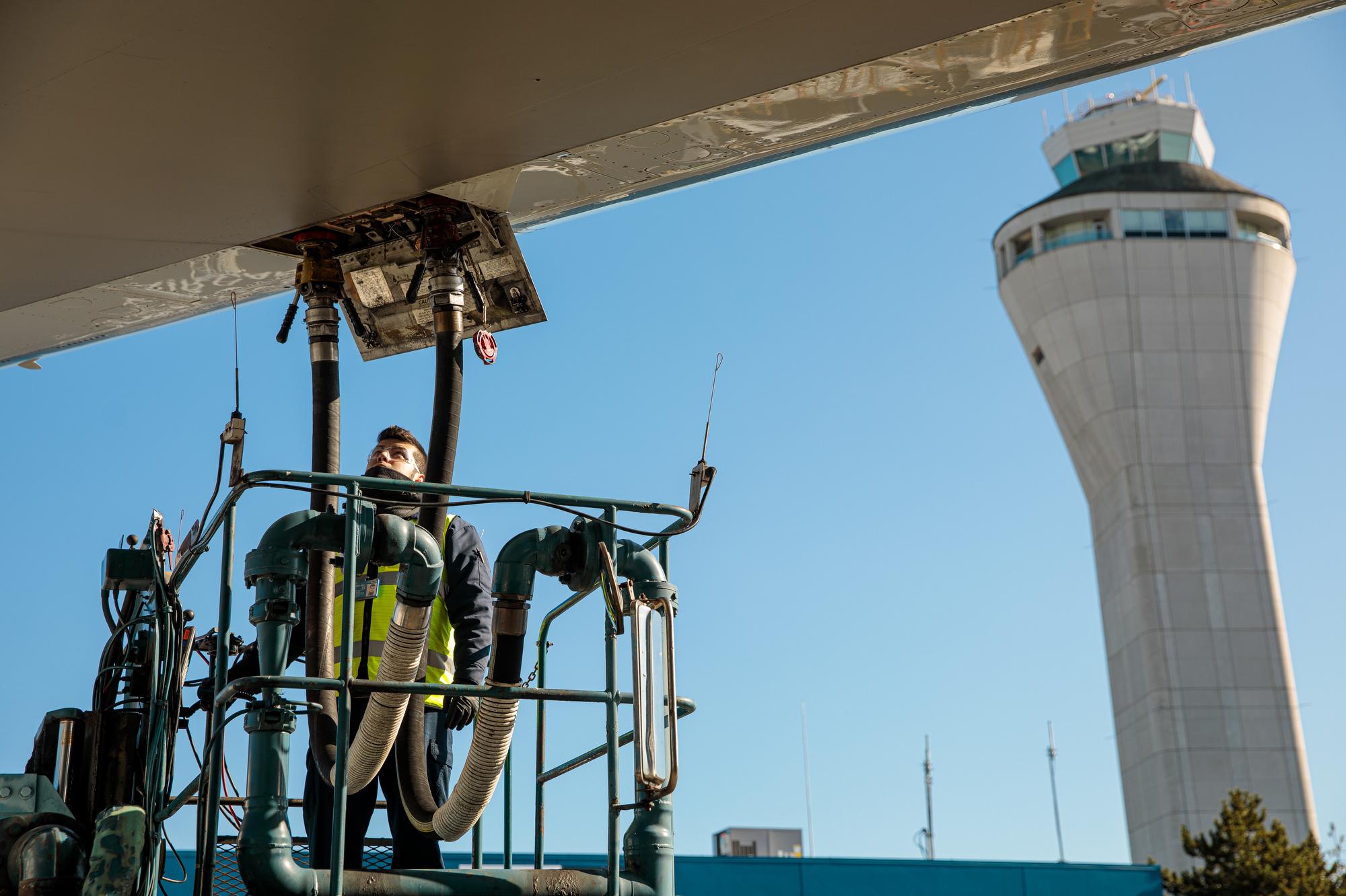
Credit: Amazon
A common practice used by airlines to reduce fuel costs could undermine the objectives of a planned EU mandate to blend sustainable aviation fuel (SAF) with fossil jet fuel starting in 2025, an environmental organization has warned. Tankering is the practice whereby an aircraft carries more fuel...
Subscription Required
This content requires a subscription to one of the Aviation Week Intelligence Network (AWIN) bundles.
Schedule a demo today to find out how you can access this content and similar content related to your area of the global aviation industry.
Already an AWIN subscriber? Login
Did you know? Aviation Week has won top honors multiple times in the Jesse H. Neal National Business Journalism Awards, the business-to-business media equivalent of the Pulitzer Prizes.
